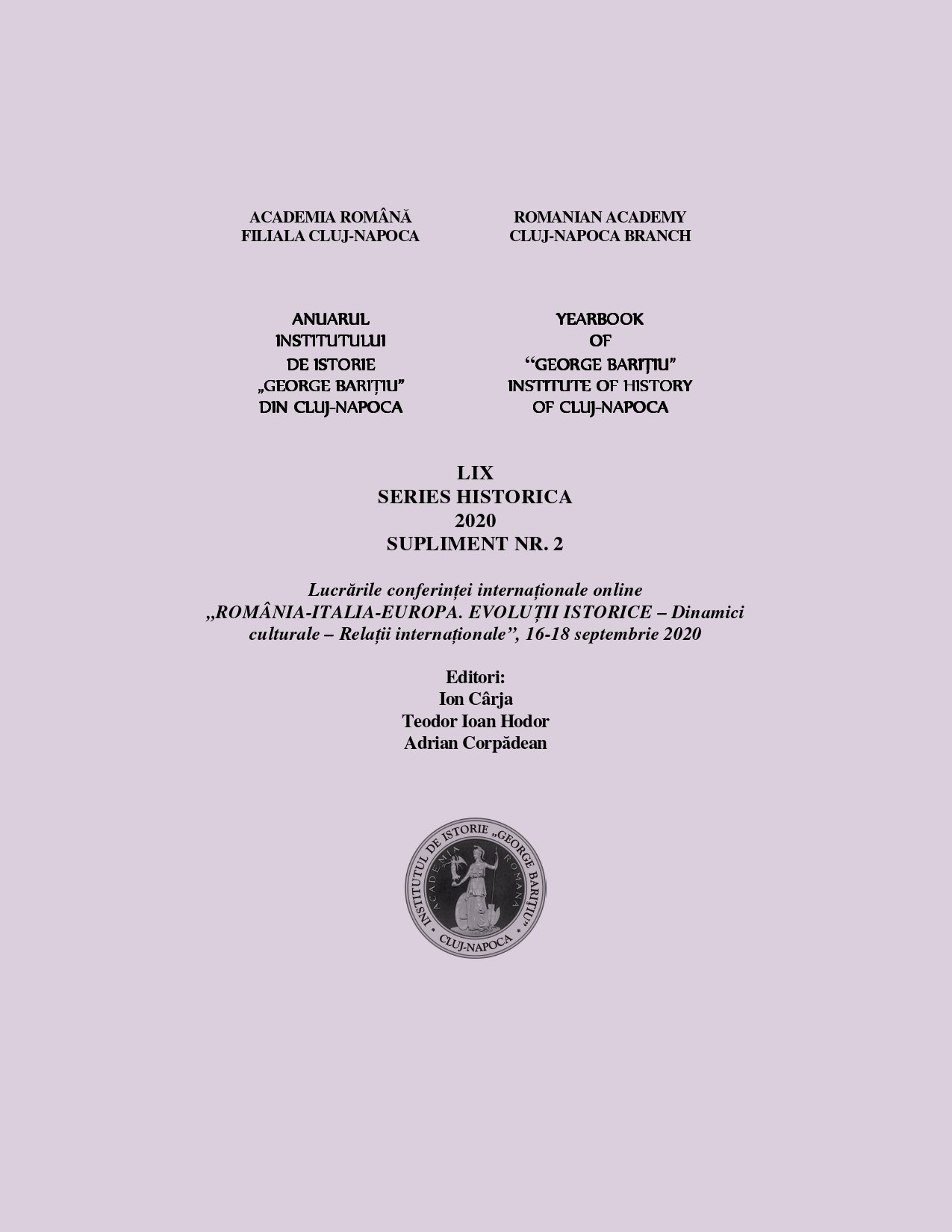Immagini dell’Africano in Romania e Italia. La cultura dell’ aiuto sostenibile
Images of the African in Romania and Italy. The culture of sustainable aid
Author(s): Diana Sfetlana StoicaSubject(s): Civil Society, Governance, Social history
Published by: Editura Academiei Române
Keywords: aid; sub-Saharan; image; sustainable; colonial; memory; identity;
Summary/Abstract: By creating a panorama of the images on the African in Romanian society, in comparison with the relative images that circulate in Italy, in the context of some paradigms in African or Africanist discourse, the objective of the reflection is to create a framework on the alternatives of reconstruction of a new philosophical-political category of aid. With a critical look on the images that flood the public space of both countries (in the various media, as in articles with visibility, likely to produce stereotypes), the intention is to capture the elements that make up the category of aid, noting that the availability to help is not only a cultural fact but a distinct, non-integrable culture of sustainability. In consideration of the persistent problems in the management of immigrants in Italy and concerns about the hypotethical position of Romania in reference to immigrants who often do not come from Africa, the division of society proven by mutual observation and image mischances on topics such as human rights, positive discrimination, integration, tolerance, assistance and being the Other, has determined the definition of a transnational culture whose foundations are found in the concept of sustainable aid. Inspired by the African discourse on the „killing” of the Sub-Saharan Africa (Humphrey Orijako and Dambisa Moyo) with aid, as much as by the stereotypical re-propositions of Africans in Europe, seen from different memory contexts on relations with Sub-Saharan Africa, the concept of sustainable aid reveals that, in any case, help should become a culture of non-rights and non-duties, a-paternalistic and based on its management on the side of the receiver. The analysis contains a critical perspective on the postmodern ethical sense of the duty to help the Other in comparison with the non-right to be helpedfor the sustainability of one's being.
Journal: Anuarul Institutului de Istorie »George Bariţiu« - Series HISTORICA - Supliment
- Issue Year: LIX/2020
- Issue No: LIX, 2
- Page Range: 69-78
- Page Count: 10
- Language: Italian

